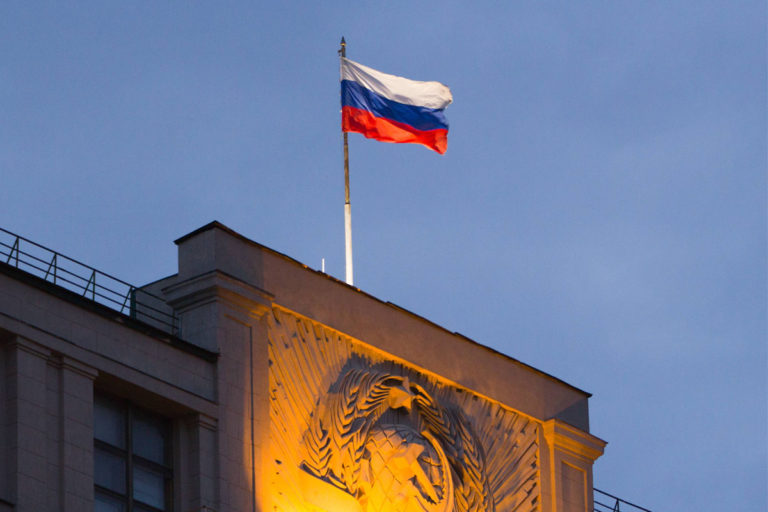Aave Unveils V4 Protocol Overhaul: Revolutionising DeFi Lending
Aave Labs, the firm behind DeFi shared the next version of its protocol which include improvements to its sablecoin GHO.

Russia is testing a central bank digital currency (CBDC), piloting a program that could be used for both national and international trade.
As per a report by Reuters, Russia’s plans are to establish and use a digital ruble for mutual settlements with China. The digital ruble is currently being tested to settle with international banks, with the pilot predicted to be finished by next year. As per Reuters, the Central Bank is conducting tests with the digital ruble with banks that have put sanctions against Moscow. As a result of the global sanctions put against Russia over its actions against Ukraine, the central bank is looking to an alternative way to carry out transactions across the globe.
In the last week, the United States Treasury Department has sanctioned a further 22 Russian-based companies and entities. This is on top of an already lengthy list of Russian entities that the US will not conduct trade or business with. With this in mind, Anatoly Aksakov, head of the financial committee in Russia’s lower house of parliament commented:
“The topic of digital financial assets, the digital rouble and cryptocurrencies is currently intensifying in society, as Western countries are imposing sanctions and creating problems for bank transfers, including in international settlements.”
He added that the direction the country is looking to take, using a digital currency, is key because it allows the financial flows to bypass systems that are against transacting with Russia.
Russia isn’t the first coutnry to start trialling a CBDC, but it stands as one of the next countries to enter the final phase of the CBDC development. According to the Russian central bank, the digital ruble will be rolling out within the next year. The national bank will begin to connect banks and credit firms to the platform for the digital currency at some point in 2024.
Currently, Russia has a ban on the use of cryptocurrencies including Bitcoin and Ethereum as payments service. The law against the use of decentralised cryptocurrencies was adopted by the country in 2020, but it does not prohibit other activities in cryptocurrency such as mining and trading.
Aave Labs, the firm behind DeFi shared the next version of its protocol which include improvements to its sablecoin GHO.
Hong Kong launched new crypto ETFs, and fund issuers hope this will open the door for mainland Chinese investment in the future.
According to report a solo miner netted around $200,000 in rewards for validating a Bitcoin block 841,286.
President Jack Collison announced its re-entry in the crypto sphere, where Stripe users will be able to pay with USDC beginning this...